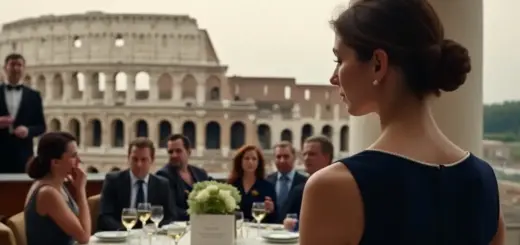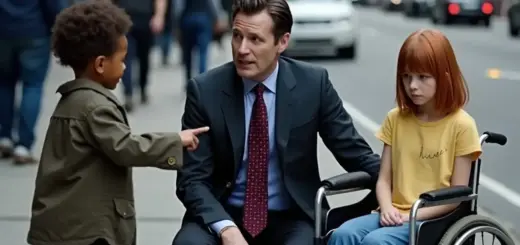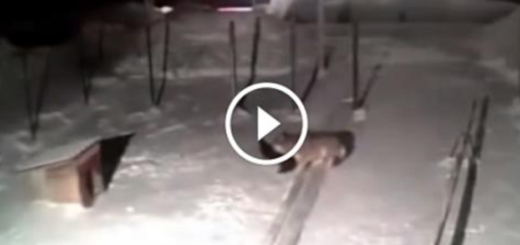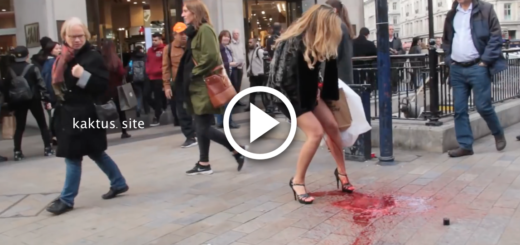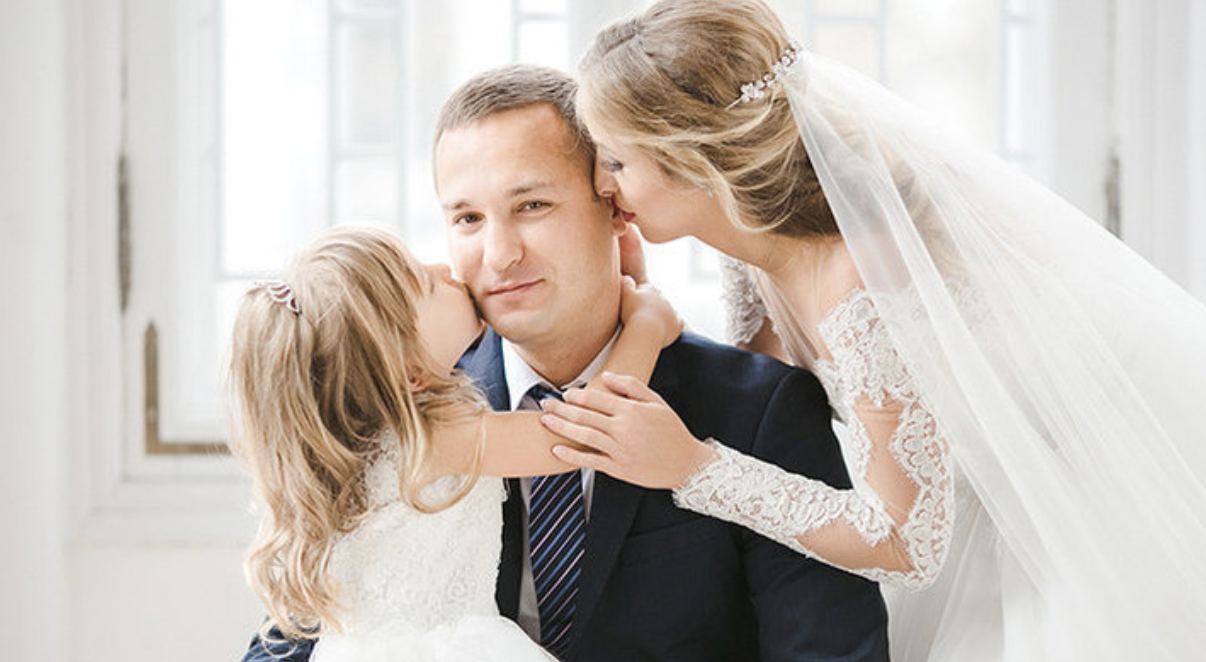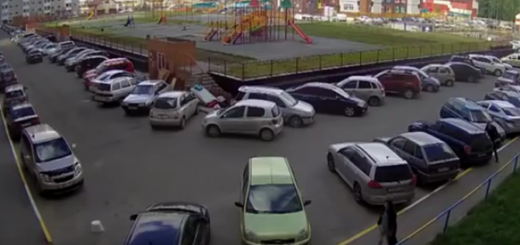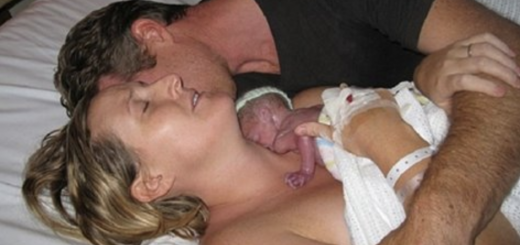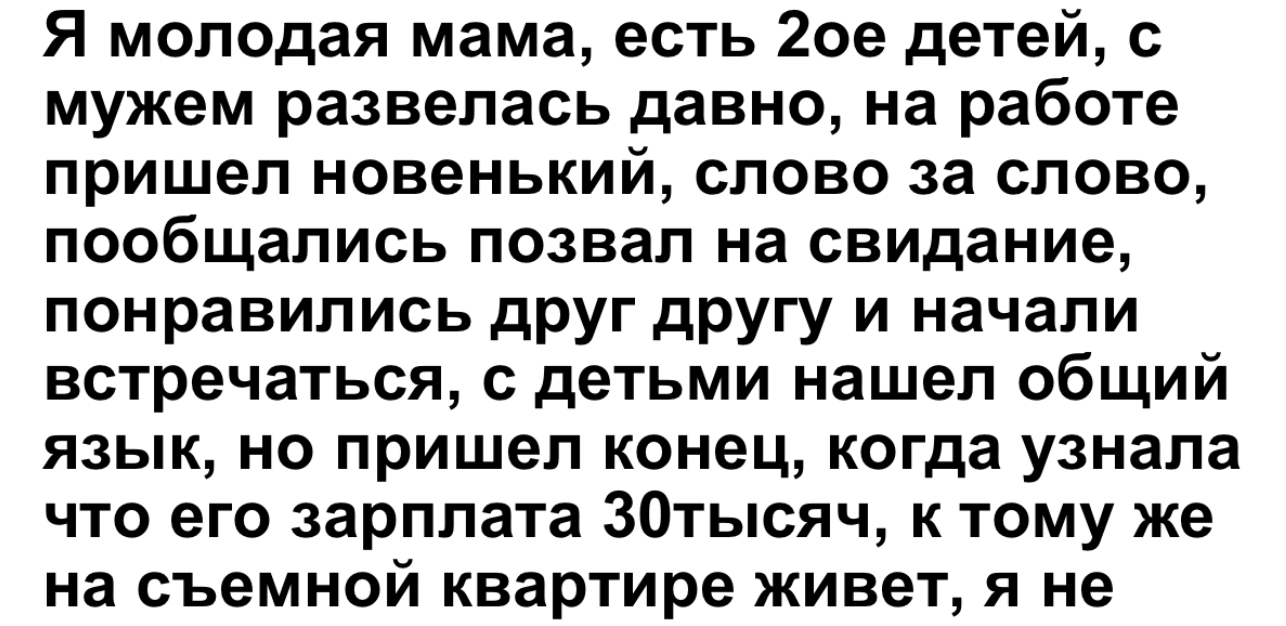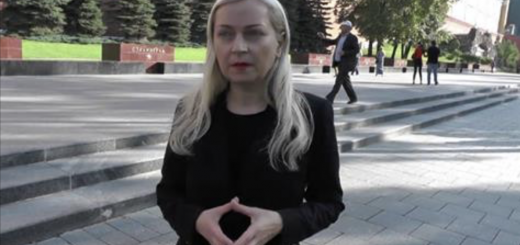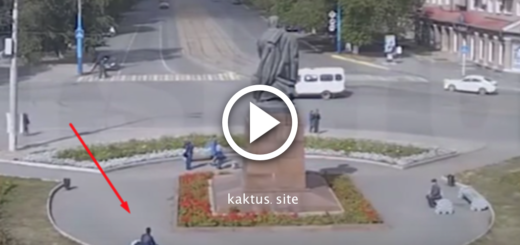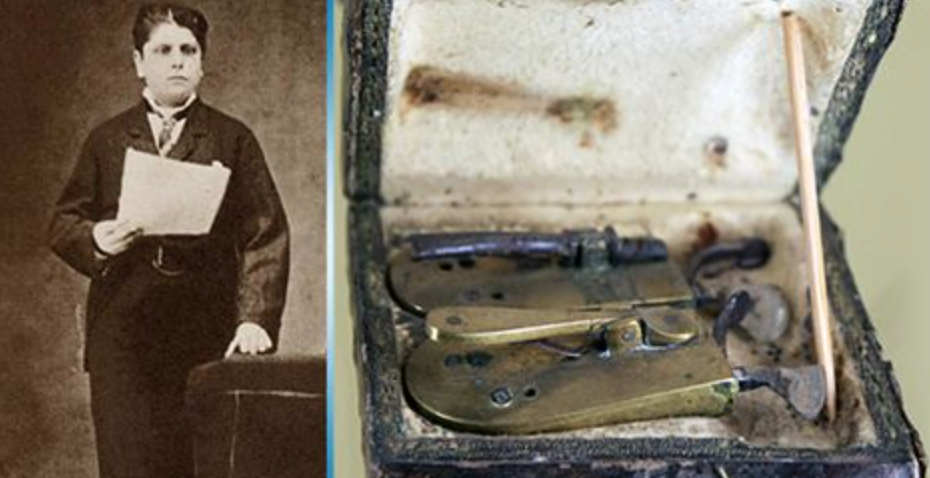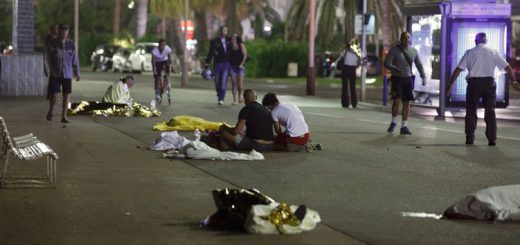I clench my fists under the table as he continues painting me as unstable and dangerous to myself and Caleb’s money. When Melissa takes the stand, my chest tightens. «Destiny changed during Caleb’s illness,» she testifies, avoiding my eyes. «She became obsessive about treatments, paranoid that doctors were missing something. She’d call me at three in the morning, hysterical.» The memory of those nights slashes through me—sitting beside Caleb’s hospital bed, terrified as his fever spiked, reaching out to someone I thought was my friend. My isolation wasn’t paranoia; it was abandonment by the people testifying against me now.
My mother takes the stand next, dabbing at tears that appear on command. «We’re heartbroken watching her self-destruct. This isn’t about money; it’s about protecting our daughter when she can’t protect herself.» The judge’s expression softens at my mother’s performance. A cold wave of fear washes over me. She’s buying their act.
Then Richard stands, and everything shifts. «Your Honor, what we’re witnessing today is not concern, but calculation.» His voice fills the courtroom with quiet authority. «Ms. Walker hasn’t self-destructed; she’s been systematically targeted by family members who abandoned her during her son’s illness but suddenly appeared when they learned of his trust fund.» He begins methodically dismantling their case, presenting complete hospital records that chronicle every appointment I attended, every treatment decision I researched and approved, every night I slept in a hospital chair.
«Now I’d like to call Ms. Catherine Winters, hospital records administrator.» A middle-aged woman with kind eyes takes the stand and confirms what Richard suspected. «Our system shows Ms. Victoria Walker accessed Caleb’s complete medical records two weeks ago using an outdated emergency contact form. This constitutes a serious privacy violation.» Victoria shifts uncomfortably in her seat as whispers ripple through the courtroom.
Angela testifies next, her steady voice carrying decades of wisdom. «I watched Destiny care for that boy every single day. When he couldn’t keep food down, she researched what might help and stayed up learning to prepare meals that wouldn’t make him sick. When he was scared about treatments, she created superhero stories to help him understand what was happening.» Her eyes find mine. «I never once saw her falter.»
Ethan’s father, Robert, takes the stand next. Though we’ve never been close, his testimony is clear and certain. «My son established this trust with explicit instructions. He told me, ‘Dad, if anything happens to Caleb, Destiny gets everything. She sacrificed her career, her savings, everything to give him the best care possible. She’ll honor his memory better than anyone.'» The judge’s expression has changed, her eyes sharper, more focused on my family now.
«Your Honor,» Richard says, «I’d like to present one more piece of evidence.» He plays the security recording from the previous night—Victoria’s unannounced visit to my home. Her voice fills the courtroom: «We’ll destroy your reputation completely. Everyone will know how unstable you are.» My calm response follows: «I think you should leave now, Victoria.» Victoria’s true colors emerge in her next words: «You think you deserve that money? You were always the burden.»
My sister’s face flushes deep red. My mother’s hand flies to her mouth. My father stares straight ahead, his jaw tight. The judge calls a fifteen-minute recess. When she returns, Victoria attempts to speak, but Judge Peabody silences her with a sharp gesture. «Mr. Donovan, do you have additional evidence?» Richard nods. «One final exhibit, Your Honor.»
He plays an audio recording from our coffee shop meeting. The voices are crystal clear. My mother: «Once the guardianship is approved, we can settle Victoria’s mortgage situation.» Victoria: «And the beach house repairs. The contractor needs $50,000 by next month.» My father: «Once we have guardianship, we can use the money however we want. Destiny won’t have any say.» The courtroom falls silent. My family’s attorney shifts papers aimlessly, clearly unprepared for this revelation.
Judge Peabody calls another brief recess. When she returns, her expression has hardened into granite. «I’ve reviewed all evidence and testimony in this matter. This court finds no basis whatsoever for the emergency guardianship petition. In fact, what I see is a deeply disturbing, coordinated attempt to exploit a grieving mother for financial gain.» Victoria starts to protest, but the judge cuts her off. «Ms. Victoria Walker, I strongly suggest you remain silent.»
«This court dismisses the petition with prejudice, meaning the petitioners cannot refile on these grounds. Furthermore, I am ordering an investigation into possible perjury by Melissa Bennett and Charles and Elaine Walker, whose testimonies directly contradict documented evidence.» The judge continues, each word hitting like a hammer blow. «I am granting an immediate restraining order prohibiting all petitioners from contacting Destiny Walker. The trust will be unfrozen immediately and secured against further challenges.»
Victoria’s composure finally cracks. Her face contorts as she tries to maintain dignity while her plans crumble. My mother begins crying—real tears this time. My father stares ahead, his expression frozen in disbelief. «Ms. Walker,» the judge says, looking directly at me, «this court finds you have acted with remarkable strength and clarity during an unimaginable loss. Your son would be proud of how you’ve protected his legacy.»
My parents and Victoria rise, attempting to approach me, but a bailiff steps between us, enforcing the new restraining order. Richard turns to me, his professional demeanor softening. «The system worked today, Destiny. Justice was done.» Angela’s eyes shine with tears. «Caleb would be so proud of you, dear.» Ethan’s parents embrace me, his mother whispering, «You’ve honored our grandson and our son today.»
As I leave the courtroom, I touch Caleb’s photo in my locket. The small silver frame holds his last school picture, grinning despite having lost his hair to chemo, his eyes bright with the determination that carried him through eighteen months of fighting. Reporters wait outside, microphones extended. A month ago, I would have ducked my head and hurried past. Today, I stop. «Mrs. Walker, how do you feel about the court’s decision?»
I straighten my shoulders, feeling stronger than I have since the day we received Caleb’s diagnosis. «Today, justice was done for my son.» As cameras flash, I walk toward the future Caleb would have wanted for me, one where his memory isn’t just preserved but honored through the strength he helped me discover. The trust fund isn’t just money; it’s his legacy, and I’ve proven worthy of protecting it.
The financial advisor slides a folder across his mahogany desk. «These investment options would create sustainable funding for the scholarship program while preserving the principal,» he explains. I study the numbers, no longer intimidated by financial jargon. One week since the hearing, and already the world feels different. «The Pediatric Hematology Fellowship needs to be fully funded,» I say, tapping the proposal. «That’s non-negotiable.»
The advisor nods, making notes. «And the restraining order?» «Holding firm. They can’t come within a thousand feet.» My voice doesn’t waver anymore when I mention my family. Strange how quickly «family» has become an administrative term rather than an emotional one. The local paper published a front-page story yesterday: «Mother Vindicated in Trust Battle.» I’ve received dozens of supportive calls and messages. Even Victoria’s fiancé called to apologize before announcing their engagement was off. My parents face possible perjury charges, and Melissa was fired after her recorded testimony circulated through her workplace.
When I leave the advisor’s office, Angela waits in her ancient Buick, window rolled down despite the autumn chill. «All set?» she asks. «All set.» I slide into the passenger seat, remembering all those rides to and from the hospital with Caleb. How Angela would bring thermoses of homemade soup when cafeteria food became unbearable. How she’d sit with him while I showered or napped. «Never thought I could do this,» I admit as we drive. «Stand up to them. Create something lasting.»


